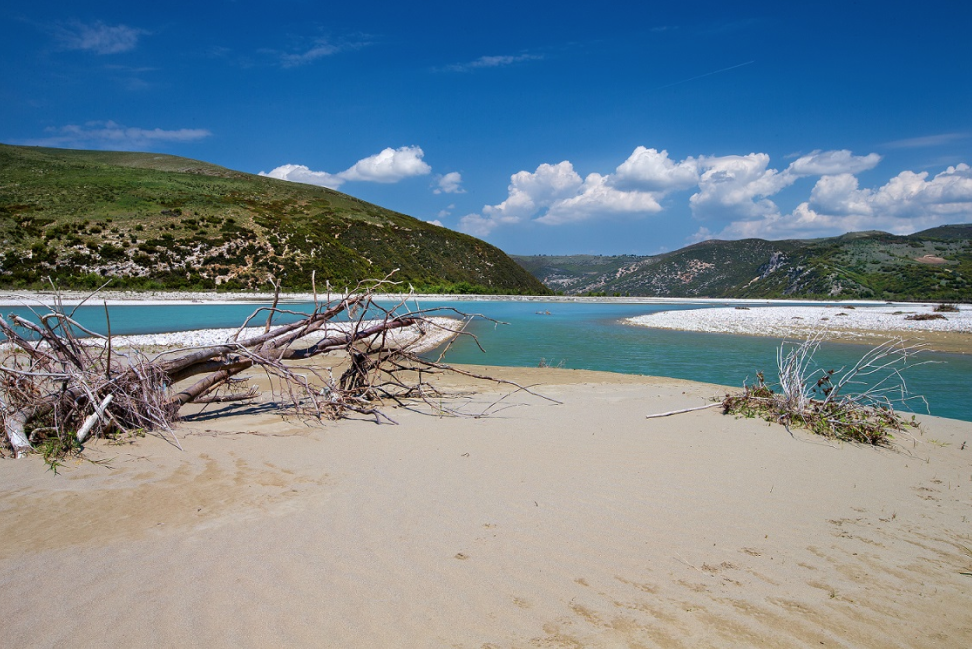The Vjosa is the “last big, wild river in Europe,” outside of Russia, and recently, an Albanian court struck down a government effort to construct a hydropower dam on the river that would have flooded an inhabited valley, bisected important fish habitat and interrupted migratory spawning routes. The decision itself is remarkable, given that the court saw fit to hold the government and its contractors to a higher standard when it came to the environmental impact of the proposed dam on the river, its fish and its people.
But it goes beyond that.
The Vjosa case was the first-ever environmental lawsuit in Albania’s history and the court’s decision has far-reaching impacts, and not just because it helped protect a river, at least for the time being. “This is an important step for the protection of the Vjosa and a promising day for the rule of law in our country,” said attorney Vladimir Meçi. “It means that affected residents and NGOs can actually expect that their concerns are being heard and genuinely examined in Albanian courts.”
When protecting a river opens up possibilities for people on the ground to protect their livelihoods, their culture, their heritage and, yes, their fishing, that’s saying something. Here in North America, where we often complain about issues being tied up in court, perhaps we ought to be grateful that our courts are engaged and listening. That’s not always the case elsewhere in the world.
Here’s what else is happening in the fishing world today:
- The city of Missoula, Mont., will work with Trout Unlimited to remove an aging dam on Rattlesnake Creek that hasn’t helped provide water to city residents since 1983, when a giardia outbreak ocurred in the area.
- Sportsmen continue to watch Secretary of Interior Ryan Zinke with a jaded eye, especially after Interior’s review of a host of national monuments for their approporiate designations and their acreage. While Zinke has kept public lands in public hands, this issue continues to worry anglers and hunters, because of the access to our sporting opportunities public lands provide.
- The U.S. Forest Serve in North Carolina, along with help from TU and other conservation partners, removed a concrete fish barrier on Santeetlah Creek. Now, wild and native fish can move upstream and spawn in habitat blocked from them for years.
— Chris Hunt



